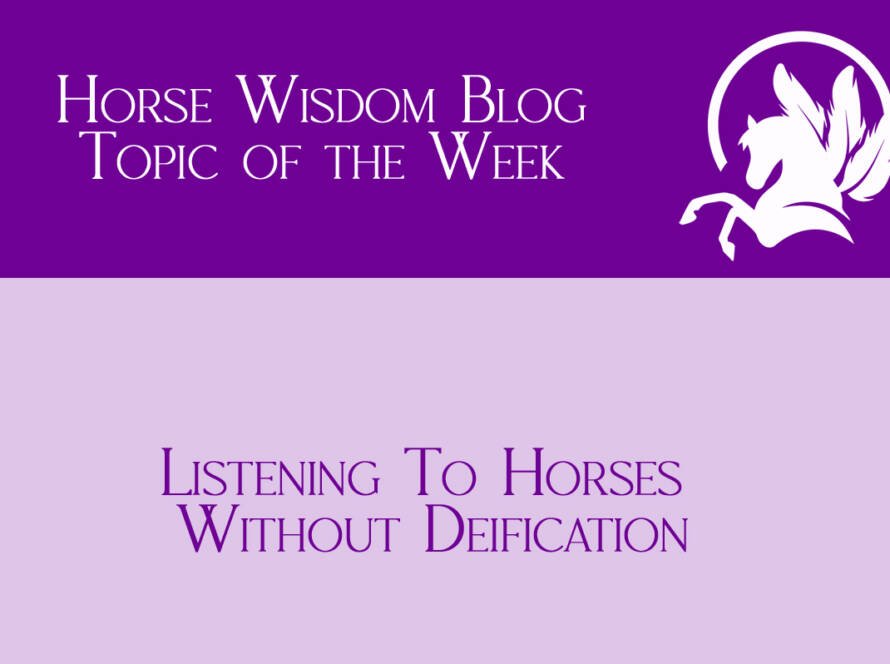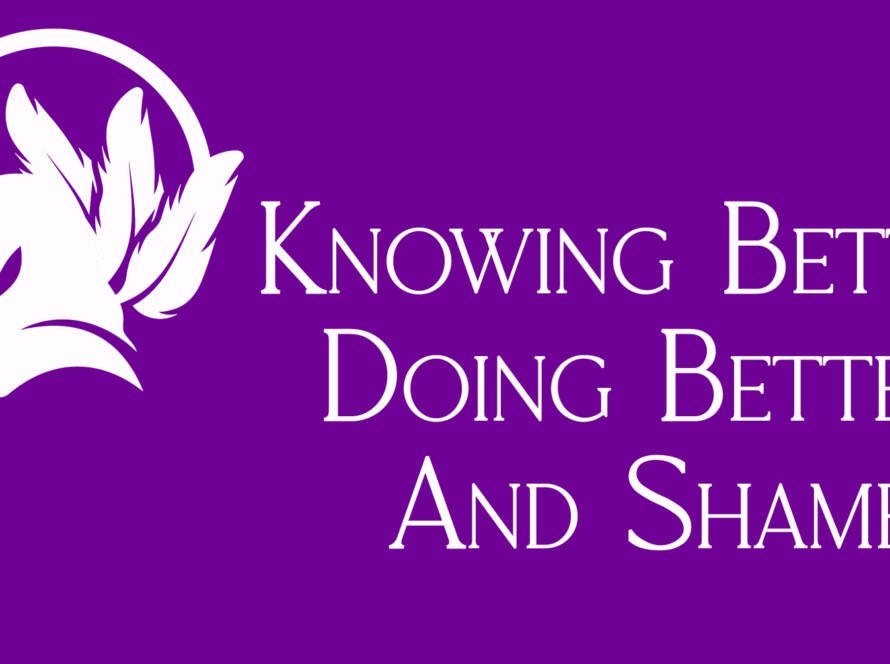The stories we tell about ourselves shape our lives, both our inner worlds and the exterior worlds. Often we don’t even realize we picked up these stories, and it takes something profound to shake us out of our stories or even to make us aware of them. The process of working with those stories is the process of spiritual storytelling.
Spiritual storytelling is looking at those stories through a lens made of inner divinity and radical self-compassion, then claiming, changing, or leaving those stories as part of a self-restoration process.
Why should we practice spiritual storytelling?
At its heart spiritual storytelling belongs to a range of practices that are commonly known as self-care. They’re not what we think of when someone mentions self-care. People think about self-care as taking long bubble baths or exercising or being gentle with ourselves, but when it comes to looking at our stories and examining our perception of who we are, being able to have radical self-compassion and examining those stories becomes vital.
There are a lot of people who want to tell us who we are. Especially if you’re in a marginalized community. In just one example, July is disability pride month, and I can imagine there are a lot of able-bodied folks out there who can’t imagine having pride in a disabled body. In the daily aches and pains of chronic pain, developmental disabilities, in migraines, in neurodivergent brains, in the need to use a wheelchair, a cane, or even a breathing machine. There are a lot of people out there ready to tell us that we shouldn’t have pride in our bodies. Instead, we should seek to overcome our disabilities, to get through them with strength and fortitude, and be an inspiration to others. To use a phrase I’ve heard, “thank you, but I decline the curse.” Instead, I want to be me, at home in my body, accepting and loving toward it and toward others, because my disabilities do not make me less than or something to be pitied. My disabilities are not because of sin or some lack of will-power on my part. Likewise the queer community with June’s month of pride, the neurodivergent community (Autism Awareness month is in April), and other communities all deserve to tell their own stories, to create their own images of who they are and who they want to be, without interference from outside people or groups telling them who they are.
Spiritual Storytelling Reminds Us We’re Divine
We are all divine. Whether you believe we’re all bits of the universe trying to make sense of itself or if creation itself is the body of God, the truth is the spark of life, the breath, the pneuma, or chi, or prana, or whatever term you wish to use which ignites and inspires our very existence is undefinable. It’s something beyond what science and modern medicine can understand. It is special, and it is what makes each of us special and divine.
As divine beings inherent with rights, each of us deserves to create our own image of ourselves. Part of this comes with the compact that we understand others are divine as well, and they can create their own image of themselves, so long as that image understands that each of us is whole, complete, human, and deserving of basic human rights, dignity, and worthiness, that comes with simply being incarnated on this beautiful planet. To deny that to anyone means denying your own divinity for no one is greater than anyone else.
Of course spiritual storytelling is complex and the process is going to look different for each person. However, in the end, the goals are the same–to craft our own ideas of who we are and live our authentic truths.


